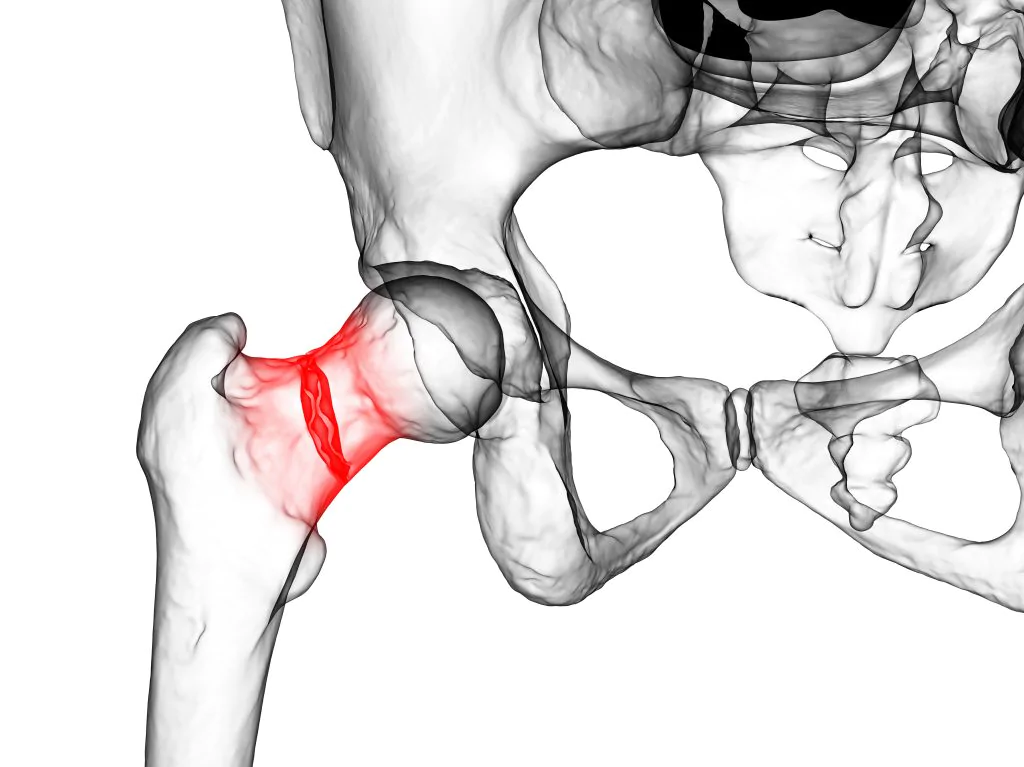Victims who are injured or fall ill due to a medical professional’s misdiagnosis are able to file a lawsuit against the negligent doctor. The resulting settlement can help victims recover from their resulting lost wages, medical expenses, psychological and emotional damages, loss of quality in life, and other damages.
What is a Misdiagnosis?
A misdiagnosis occurs when a doctor incorrectly identifies a patient’s medical condition or illness. This can happen when a doctor fails to diagnose a condition that a patient has, or when they diagnose a condition that a patient does not have. Misdiagnosis can have serious consequences for patients, such as delayed treatment, unnecessary treatments, and even death.
A misdiagnosis can occur due to a variety of reasons, including a lack of proper diagnostic testing, failure to consider all possible diagnoses, or failure to properly interpret test results. It is important for patients to be aware of the potential for misdiagnosis and to advocate for themselves by seeking a second opinion if they have any concerns about their diagnosis.
When is a Misdiagnosis Considered Negligent?
A misdiagnosis is considered negligent when it is a result of a failure on the part of the doctor to exercise reasonable care in their diagnosis. When a doctor fails to adhere to the standard of care that would be expected of a reasonably competent medical professional under similar circumstances, and as a result a patient suffers harm, it would be considered negligent.
For example, if a doctor fails to properly interpret test results, fails to consider all possible diagnoses, or fails to order appropriate diagnostic tests, and as a result, a patient’s condition is misdiagnosed, it would be considered negligence. Additionally, if a patient’s condition worsens or leads to further complications because of a delay in diagnosis, their doctor would be considered negligence.
It’s important to note that proving negligence in a misdiagnosis case can be difficult, and it requires an experienced medical malpractice attorney and expert witness testimony to evaluate the case. The attorney will help the patient in proving that the doctor did not adhere to the standard of care, and that the patient has suffered harm as a result of this failure.
Common Types of Misdiagnosis
- Cancer misdiagnosis, including breast cancer, lung cancer, and colon cancer.
- Heart attack misdiagnosis, where symptoms such as chest pain and shortness of breath are mistaken for other conditions.
- Stroke misdiagnosis, where symptoms such as weakness and numbness on one side of the body are mistaken for other conditions.
- Misdiagnosis of blood clots, such as deep vein thrombosis (DVT) and pulmonary embolism (PE).
- Misdiagnosis of autoimmune diseases, such as lupus and multiple sclerosis.
- Misdiagnosis of neurological conditions, such as Alzheimer’s disease and Parkinson’s disease.
- Misdiagnosis of mental health conditions, such as depression and anxiety.
- Misdiagnosis of pregnancy-related conditions, such as ectopic pregnancy and miscarriage.
- Misdiagnosis of chronic conditions, such as diabetes, thyroid disorders, and inflammatory bowel disease.
Statute of Limitations for Misdiagnosis in NY & NJ
Statutes of limitations refer to the specific timeframes within which individuals can file claims after accidents or incidents. These time limits vary among states. In New York, for example, the statute of limitations for misdiagnosis typically allows a period of 2.5 years from the time of the incident, omission, or the last treatment involving care for the related illness, injury, or condition. Conversely, in New Jersey, individuals generally have 2 years to initiate a claim under similar circumstances.
Acting promptly within the specified timeframe can protect a victim’s rights, and maximize their settlement value. Trusting your misdiagnosis claim to a knowledgeable attorney ensures personalized guidance based on the latest laws and regulations, enabling a strong case tailored to your specific needs.
**For more information on New York’s statutes of limitations click here: Statutes of Limitations for Medical Malpractice Cases.
The Dangers of Misdiagnosis
Misdiagnosis can be a serious and even deadly problem in the medical field. When a patient is misdiagnosed, they may be given the wrong treatment, or none at all, which can lead to a deterioration of their condition. This can cause additional health problems, prolonged suffering, and in some cases, death.
One of the main dangers of misdiagnosis is that it can delay the proper treatment of a serious condition. For example, a patient with cancer may be misdiagnosed as having a less serious condition, and as a result, their cancer may progress unchecked. This can make the cancer much harder to treat and can greatly reduce the patient’s chances of survival.
Another danger of misdiagnosis is that it can lead to patients being given unnecessary or harmful treatments. This not only exposes the patient to unnecessary risks, but also contributes to the problem of antibiotic resistance.
Misdiagnosis can also lead to emotional and financial stress for the patient and their family. Patients may have to undergo multiple tests and treatments, which can be costly and time-consuming. They may also have to take time off work, which can lead to financial difficulties. Additionally, patients and their families may experience a great deal of emotional stress as they try to cope with the uncertainty and fear of a serious illness.
How to Sue a Doctor for Misdiagnosis
Here is a step-by-step guide on how to sue a doctor for misdiagnosis:
- Seek Legal Consultation: Begin by consulting with a reputable medical malpractice attorney who specializes in misdiagnosis cases. They can assess the merits of your case and provide guidance on the legal options available to you.
- Gather Documentation: Collect all relevant medical records, including test results, diagnostic reports, and treatment records. These documents will serve as crucial evidence in proving the doctor’s negligence.
- Obtain Expert Opinion: Consult with a qualified medical expert in the same field as the defendant doctor. This expert can review your case and provide an objective opinion on whether the misdiagnosis constituted a breach of the standard of care.
- Determine Negligence: Your attorney will work with the medical expert to establish that the doctor’s misdiagnosis deviated from the accepted medical standards. This will be a key element in proving negligence.
- Document Damages: Keep a detailed record of all physical, emotional, and financial damages resulting from the misdiagnosis. This includes medical expenses, lost wages, pain and suffering, and any long-term effects on your quality of life.
- File a Lawsuit: Your attorney will prepare the necessary legal documents, such as the complaint and summons, to initiate the lawsuit. These documents will outline the allegations against the doctor and the compensation sought.
- Discovery Phase: During this phase, both parties exchange relevant information and evidence. Your attorney will gather additional evidence through interrogatories, depositions, and requests for documents from the defendant.
- Negotiation or Settlement: It is common for medical malpractice cases to reach a settlement before going to trial. Your attorney will negotiate with the defendant’s legal team to secure a fair settlement that compensates you for the damages suffered.
- Trial Preparation: If a settlement cannot be reached, your case will proceed to trial. Your attorney will meticulously prepare your case, gathering expert witnesses and developing a strong strategy to present your evidence and arguments in court.
- Trial and Verdict: The trial will involve presenting your case before a judge and/or jury. Your attorney will present compelling evidence, cross-examine witnesses, and argue your position. The court will then deliver a verdict based on the evidence presented.
- Post-Trial Proceedings: If you receive a favorable verdict, the court will determine the amount of compensation awarded. If the verdict is not in your favor, your attorney may explore options for appeal, depending on the circumstances of your case.
Navigating a medical malpractice lawsuit for misdiagnosis can be complex, but with the right legal guidance, you can seek accountability and obtain the compensation you deserve. Remember, consulting with an experienced medical malpractice attorney is crucial to protect your rights and navigate the legal process effectively.
Free Misdiagnosis Claim Consultations
Sobo & Sobo offers free consultations for any victim injured by a medical professional’s misdiagnosis. Their medical malpractice attorneys have over 50 years of representing NY and NJ victims, and winning them settlements that help them recover financially, as well as their quality of life. Call 855-GOT-SOBO or contact us online to discover the value of your case, and start filing your misdiagnosis lawsuit.




